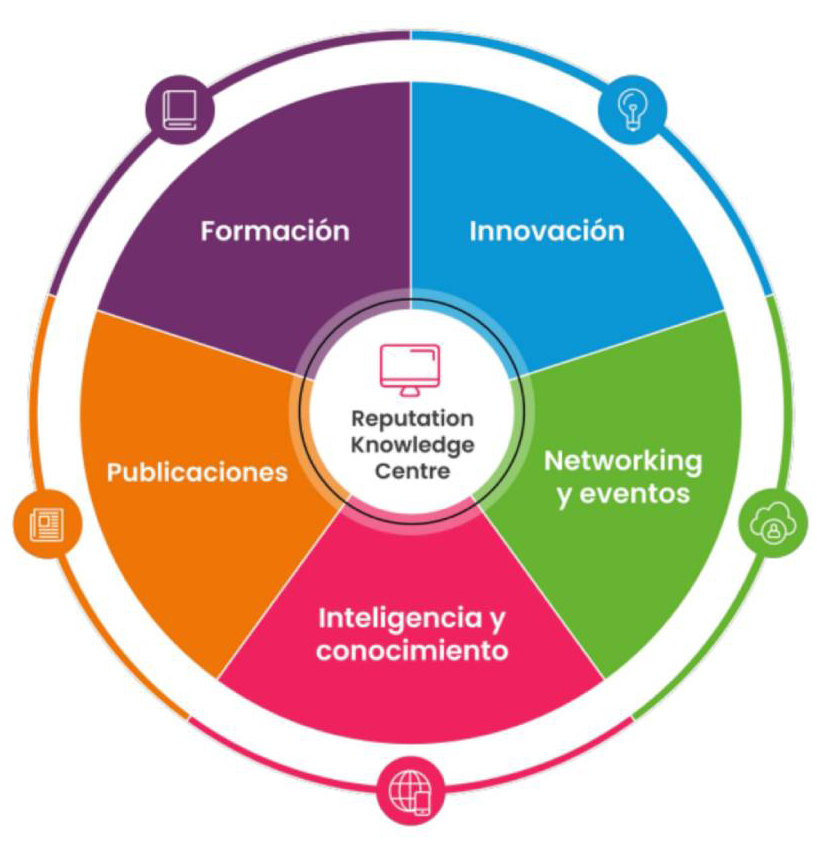Loading...
Areas of expertise
From the beginning, making the intangible tangible
If the future is in intangibles, are we prepared to manage them?
The experts' perspective in our podcast #UnaCuestiónDeReputación
Our areas of work

Other key activities




